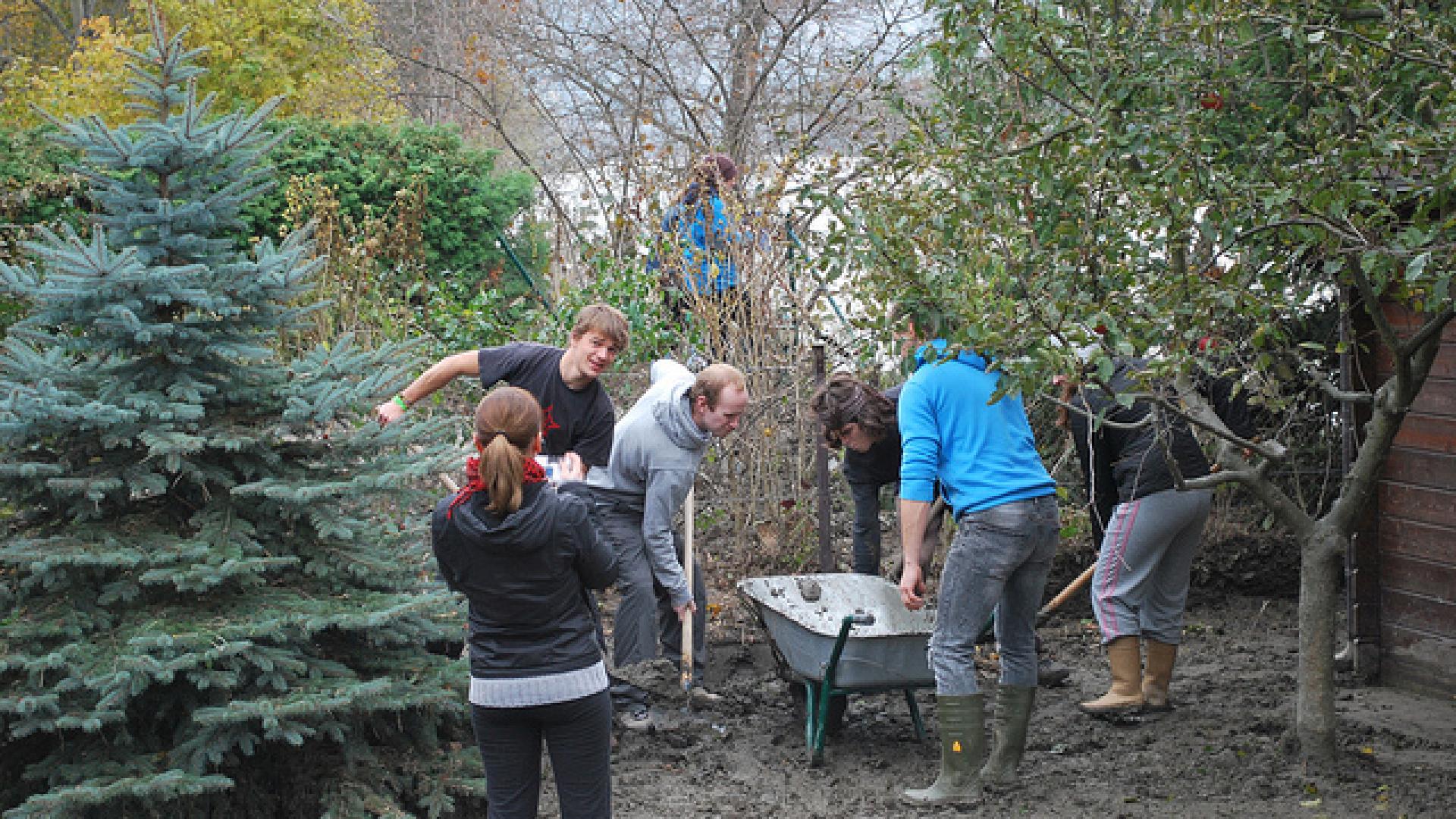Rick Wright takes a look at some examples of volunteering and how effective engagement and development can change things for everyone...
With Kevin Costner besieging our office and the release of another two parts of nfpSynergy’s mammoth volunteering report The New Alchemy, we thought this might be a good time to take a quick look at the impact that determined individuals can have on an organisation’s work.
As The New Alchemy investigates, volunteers have the potential to offer their charities far more than traditional roles may allow them. If volunteers are given the right support and opportunities to engage with their work, they’ll often be able to do a lot more for you than just rattling tins or helping out with the filing.
Charities need to make sure that they’re engaging with their volunteers to make sure that they aren’t letting a wealth of free experience and expertise go completely unused. Here are just a few examples of people who have exceeded expectations in their voluntary work, to the benefit of their causes.
First up is Lynn Brimmell, who has been volunteering for the NSPCC’s Childline for the last seven years. Lynn is a retired design and production manager and began volunteering as a telephone counsellor. From there she went on to receive special training, allowing her to join the Childline school service. In the course of her seven years with the NSPCC, she has taught more than 5,000 children about how to stay safe from abuse. She’s also a recent recipient of the Point of Light award for exceptional volunteers.
Lynn demonstrates how volunteers can be encouraged and supported to become extremely valuable contributors. By giving her the training she needed to join Childline’s in-school services, the NSPCC have developed an extremely dedicated volunteer with the expertise to take on a challenging and valuable role.
At the other end of the age spectrum is Manon Haf Lewis, a 23 year old volunteer with the “Time to Change Wales” campaign, working against the stigmatisation of mental health problems. Manon joined the campaign in 2012 and spoke about her own lived experiences in her local community in Carmarthen.
In the last two years, Manon has become an important figure in Time to Change Wales, speaking in other communities and ultimately being named a Champion of the cause. She’s represented the campaign in media interviews and by speaking at large events.
Manon’s example shows that it’s not only older people who can bring valuable skills and expertise to the table in volunteering. Her talent for public speaking and Time to Change Wales’s willingness to utilise that talent on a wider scale has made Manon a fantastic advocate for the cause with both the general public and the media.
The final example is Nigel Lewis-Baker, who’s well known for his exceptional work as a volunteer for various cancer charities. Since being diagnosed with prostate cancer 10 years ago, he has dedicated himself to fundraising for a number of charities, including Macmillan Cancer Support, Cancer Research UK and Prostate Cancer UK.
In the last decade, Nigel has organised events that have raised tens of thousands of pounds, including a 1,000 mile walk from John O’Groats to Land’s End in 2012 and the Great Drag Race later that year. He also speaks at events and workshops and is a co-founder of the Topic of Cancer support group in Bookham. His extraordinary achievements have led him to be named a Champion of Macmillan Cancer Support, Ambassador of the Year for Cancer Research UK and an International Hero of Hope by the American Cancer Society.
Nigel is a prime example of the impressive impact individual volunteers can have and his efforts highlight the potential volunteers have to far exceed what is expected of them by charities.
Not everyone will bring the same level of dedication and enthusiasm to a cause and traditional volunteer roles are still important assets for charities. But volunteer managers should be mindful that their volunteers may have more to offer than is immediately obvious.
Making sure that volunteering is a two-way engagement, and offering volunteers the support they need to put their talents and knowledge to the best possible use must be a key priority.
You gave your time to read this, why not give us your opinion in the comments box?

